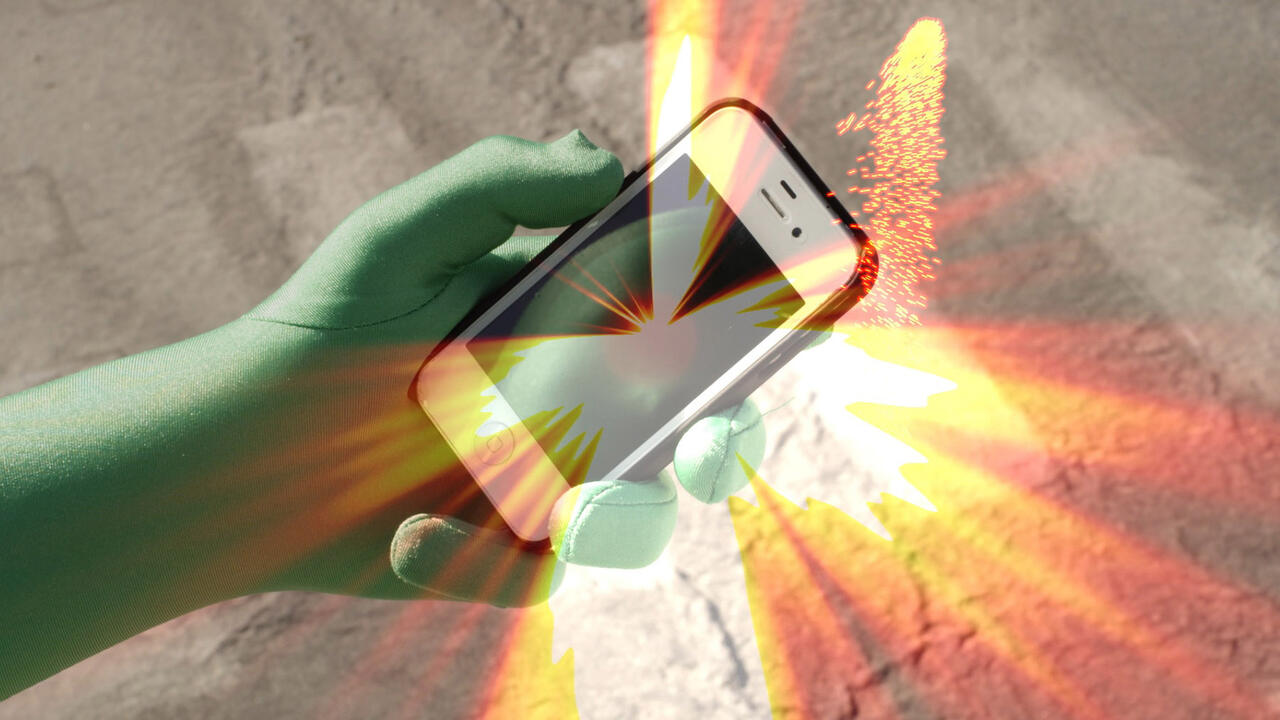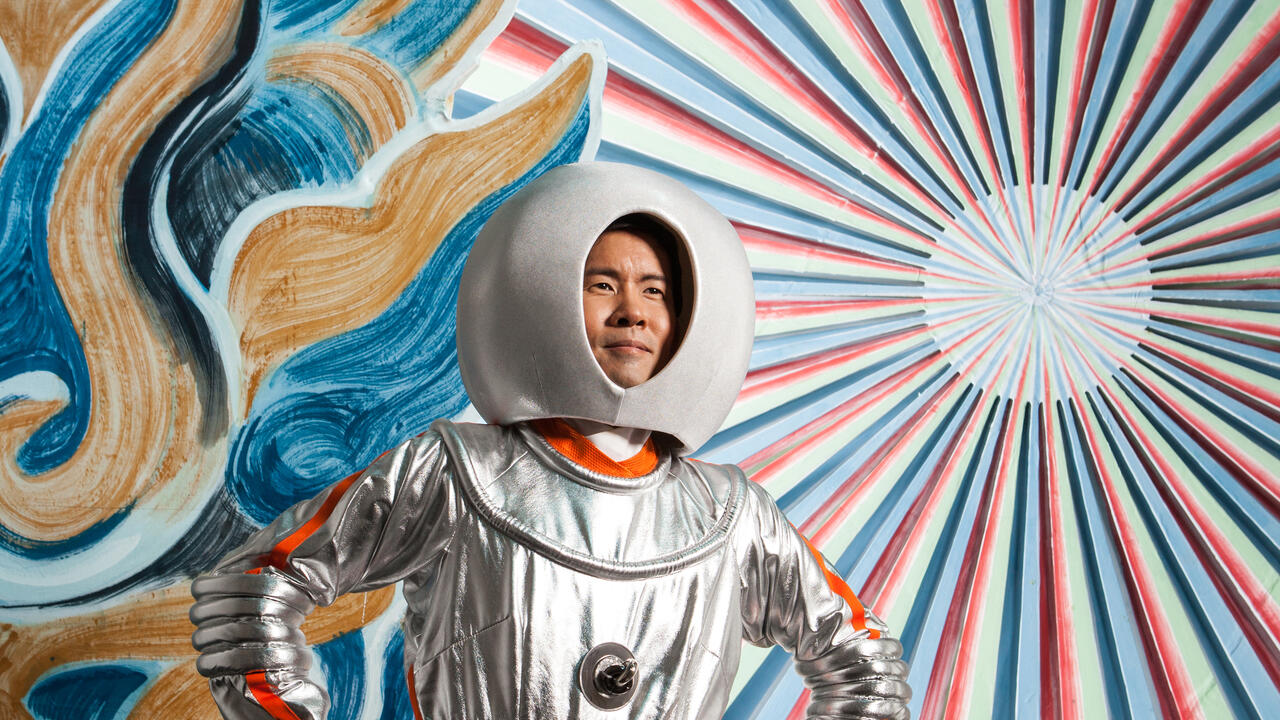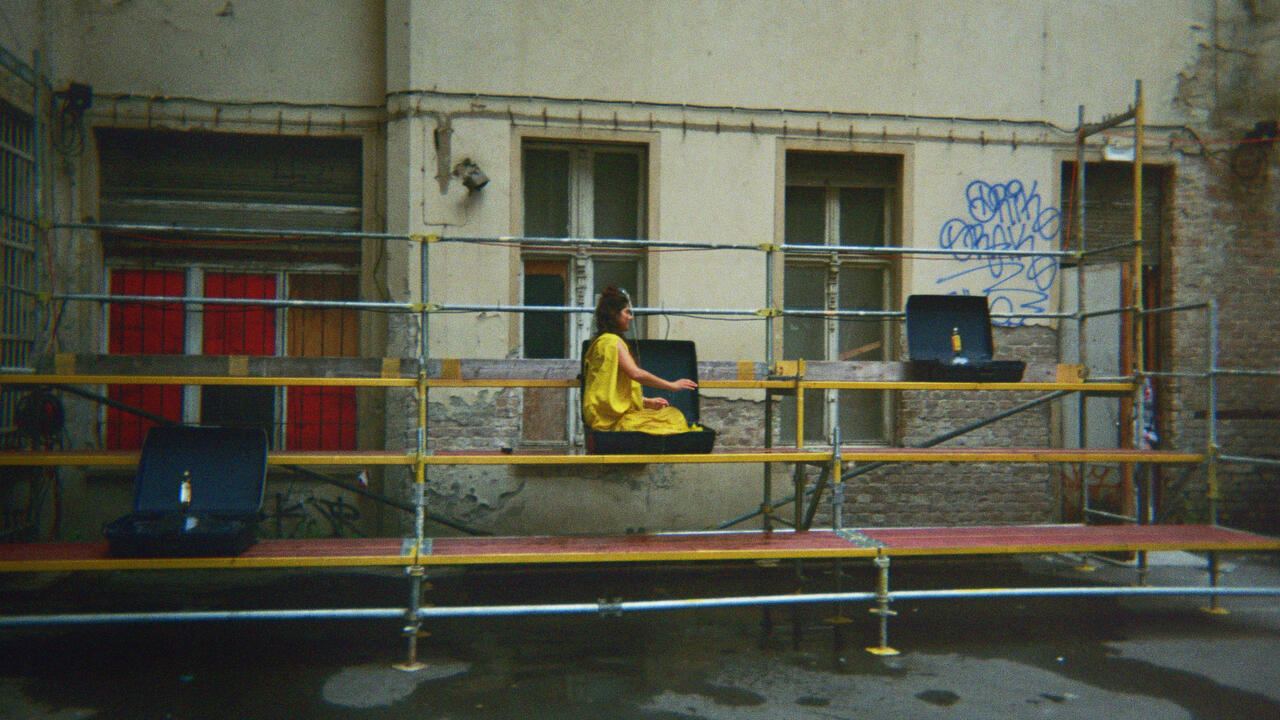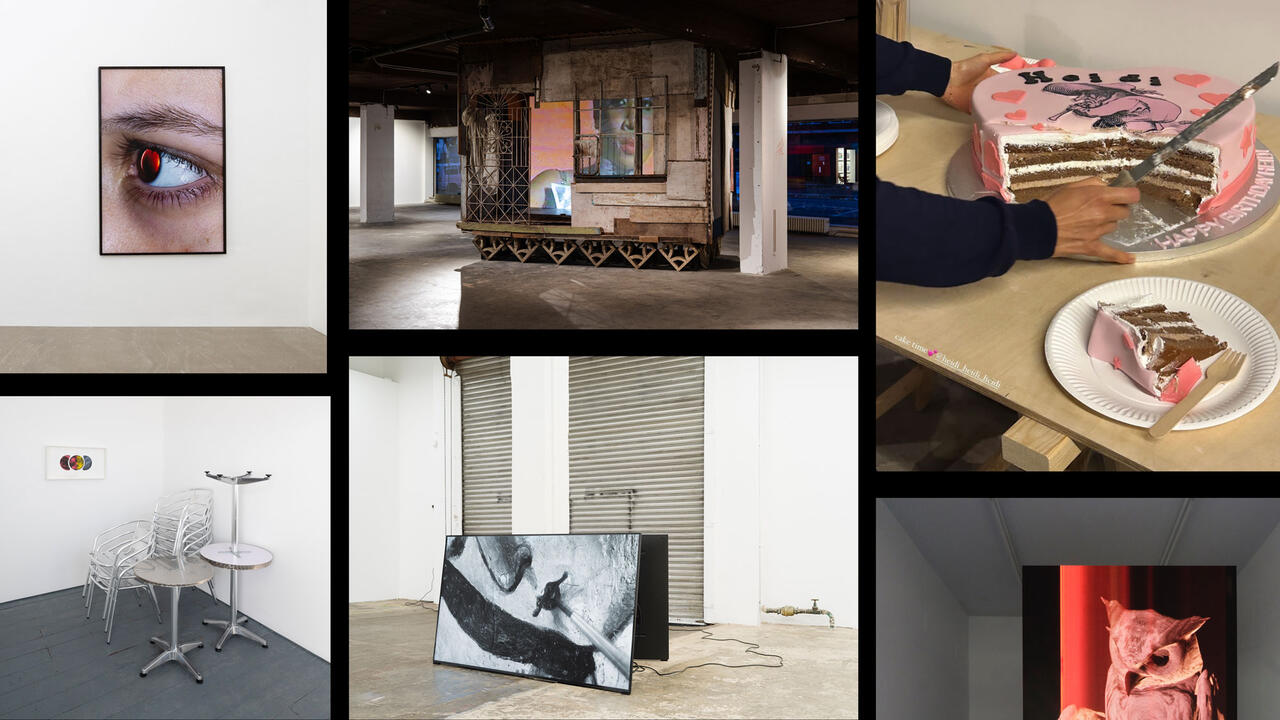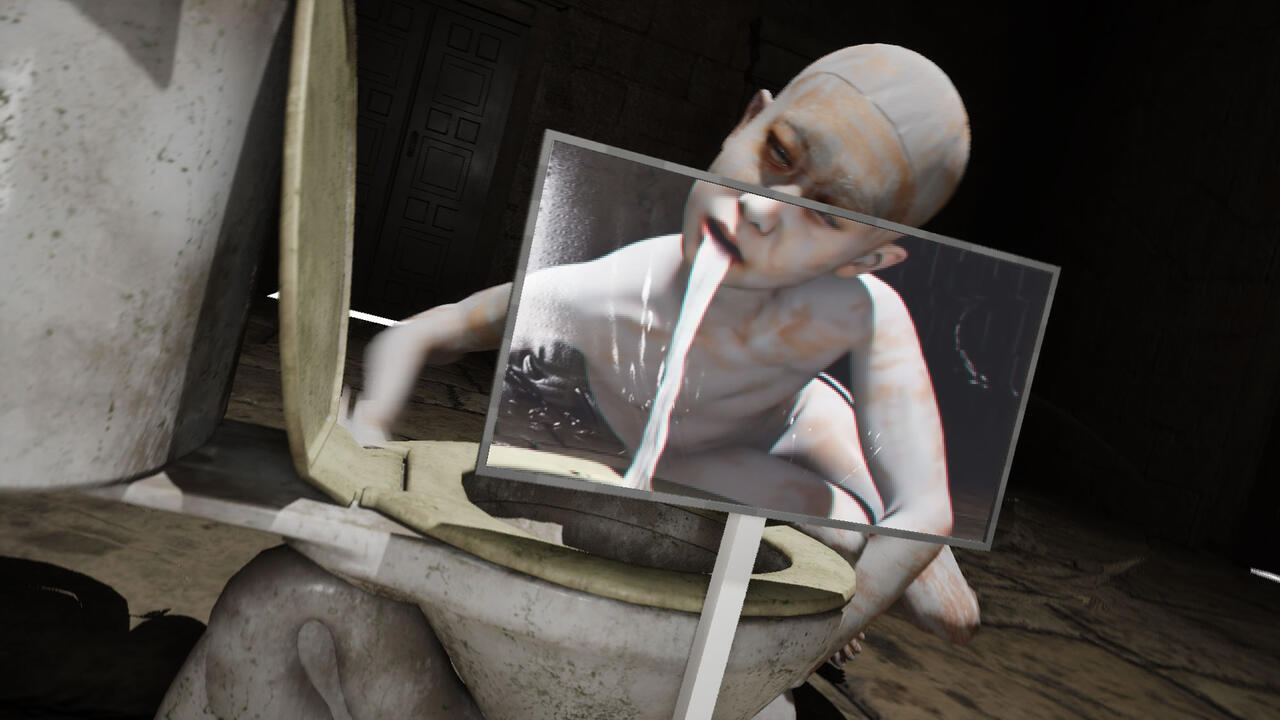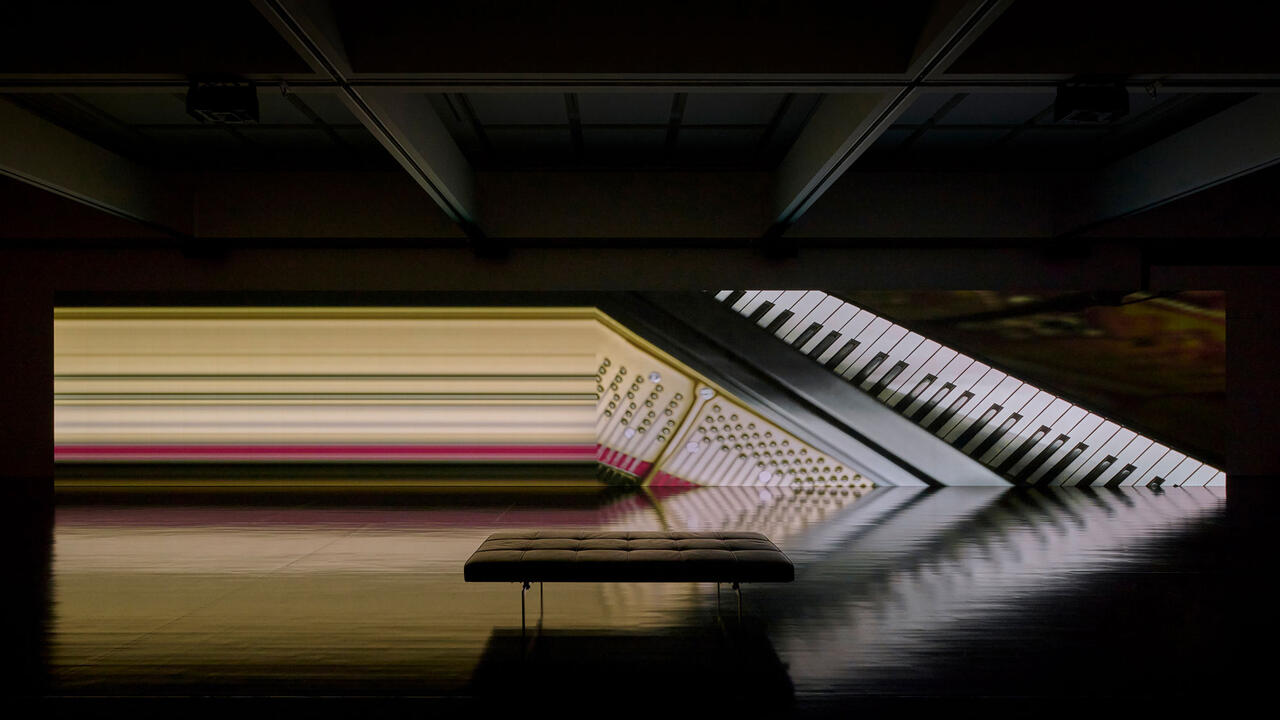Writing like Perseus
Describe a global crisis in 600 words? Too hard. But isn’t everything else irrelevant right now?
Describe a global crisis in 600 words? Too hard. But isn’t everything else irrelevant right now?

This essay is the second in a series of memos by artists, writers, curators and scientists written to the world after the COVID-19 crisis. In homage to Italo Calvino's Six Memos for the Next Millennium (1988), they are divided into six categories: 'lightness', 'quickness', 'exactitude', 'visibility', 'multiplicity' and 'consistency'. 'How to Write in a Pandemic'was written in response to 'lightness'.
My first impulse in any crisis is to buckle up and get to work. Since I’m a writer, that means writing. Writing about what’s happening, in order to process it; writing about other things for distraction; and, of course, writing to make a living. I reacted to news of the pandemic this year with typical determination. Suddenly faced with a glut of free time, I doubled down on sense-making and productivity. More reading, more writing, more talking. More words.
Writing is never particularly easy; it’s always work. But, since the pandemic began, writing about anything – pandemic or otherwise – has felt more difficult to me than ever before. Describe a global crisis in 600 words? Too hard. But isn’t everything else irrelevant right now?
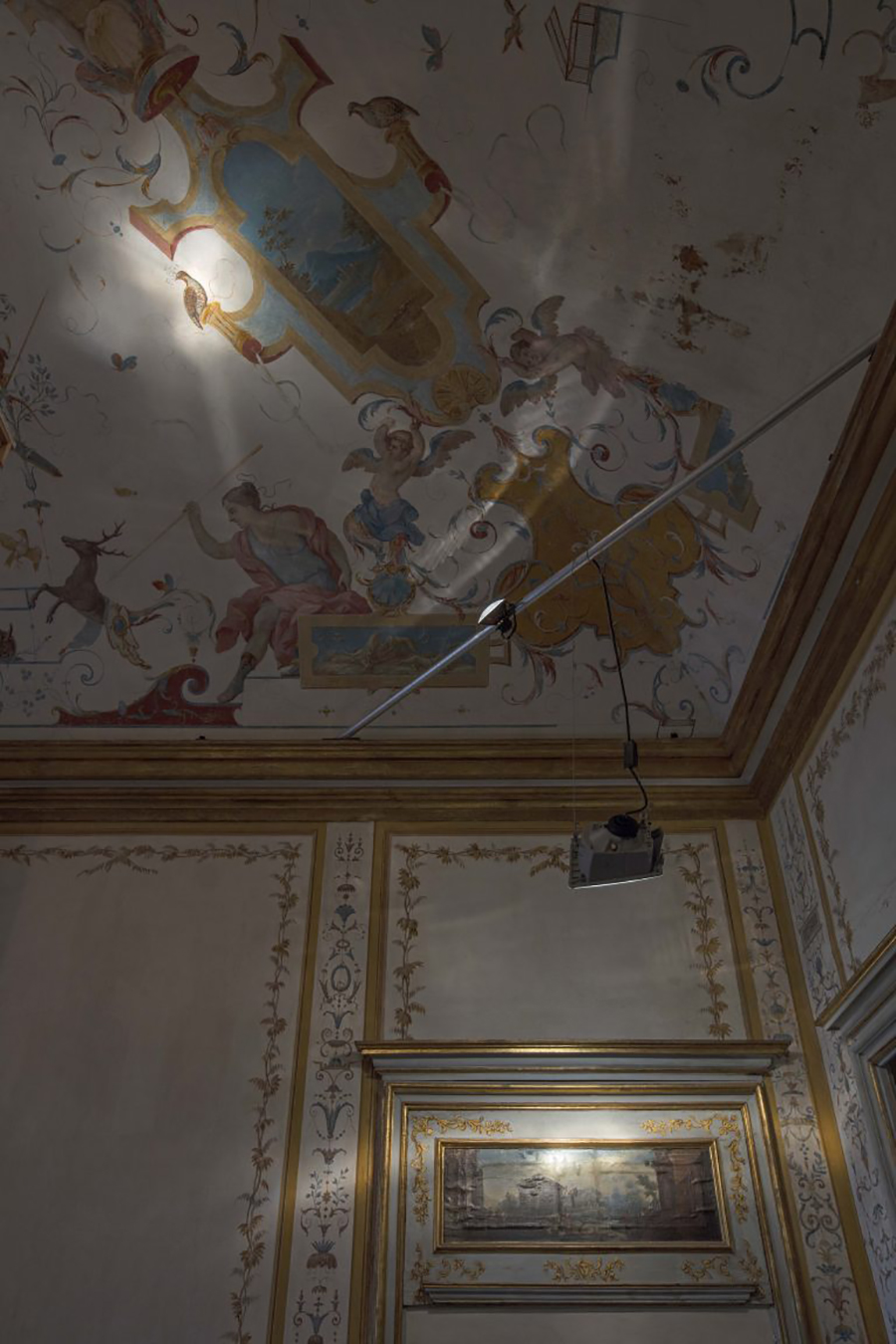
Talking to friends, especially other writers, it seems that many of us responded similarly in the first weeks of lockdown. Push through it. Write it out. As the weeks have worn on, however, I can hear in their voices, as in mine, that our strategy is unravelling. As hard as I work to understand, much less write about, these months in isolation, this worldwide grief, my tools fall short. What I’m up against won’t budge. The pandemic is so heavy. It resists my picking away at it or pushing it around. It dismantles my whole familiar arsenal of description, interpretation, critique.
‘There are things that only literature can give us, by means specific to it,’ writes Italo Calvino in Six Memos for the Next Millennium (1988), and the first on his list is lightness. For Calvino, lightness is a formal quality and also an attitude. In the formal sense, ‘light’ writing is connective rather than substantive. It can’t be reduced to an agenda. It resists singular interpretation; it moves and transforms; it doesn’t lock neatly into binary argumentation. As an attitude, to write with lightness is to answer a question with a question – to hop over a challenge rather than to ram against it.
Approaching a subject with lightness, though, is not to make light of it. Lightness is not the avoidance of gravity. On the contrary: to take things seriously, one must learn to take them very lightly. Pressure and force are not reliable strategies for making sense of an unreliable, often arbitrary world. Its heavy parts are too heavy for any one person to contend with. Sometimes, there is nothing to be interpreted. Sometimes, the subject won’t budge. So, the writer has to move instead.

In his preamble, Calvino notes that he is ‘not here to talk of futurology, but of literature’. Prediction may not be his focus, but he is clearly preoccupied with literature’s capability to capture the spirit of an era, to be contemporaneous. To this end, he refers to the Greek myth of Perseus, who slays Medusa by avoiding her lethal gaze and instead witnessing her face only in reflection. The implication is clear: the current moment cannot be apprehended head on; it has to be glimpsed in relief, from a side angle. The ‘now’ cannot be grabbed or throttled through direct force – it is too murderous for that. This beast must be dealt with delicately.
If there is play in lightness, it is not careless or random. Creating lightness in such a heavy world takes a lot of work. There might be a lot of trial and error. There might be as much melancholy as there is humour. In the end, there might be far fewer words. Lightness asks for precision without preciousness. Heavy lifting was never a thing that ‘only literature can give us’. That’s a different job altogether. Stuck in lockdown, I think I am only now beginning to understand this in practice. Words are light and should be treated as such. To write with lightness is to embrace the medium rather than to try to instrumentalize it. Timeless literature doesn’t ‘work’ for anyone, after all. It’s nobody’s tool, meaning it’s for everyone. It moves.
Main Image: Renato Leotta, Sole (Sun), 2019, installation view. Courtesy: the artist









